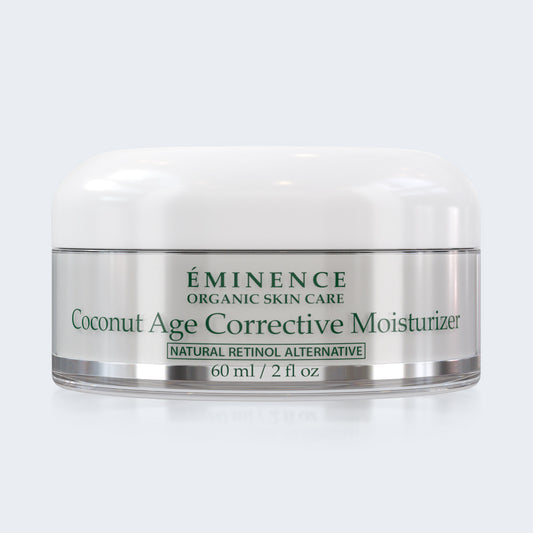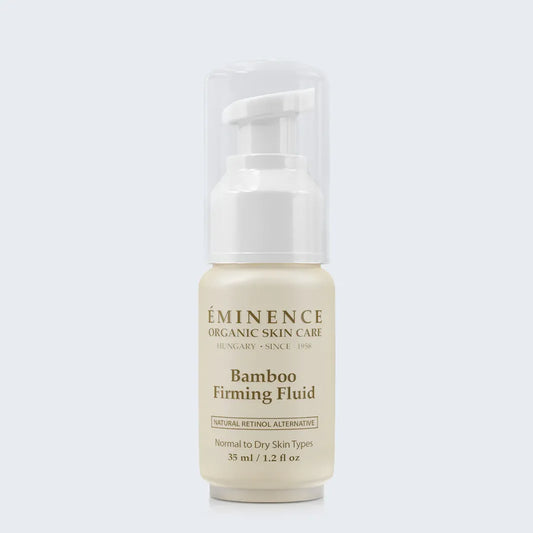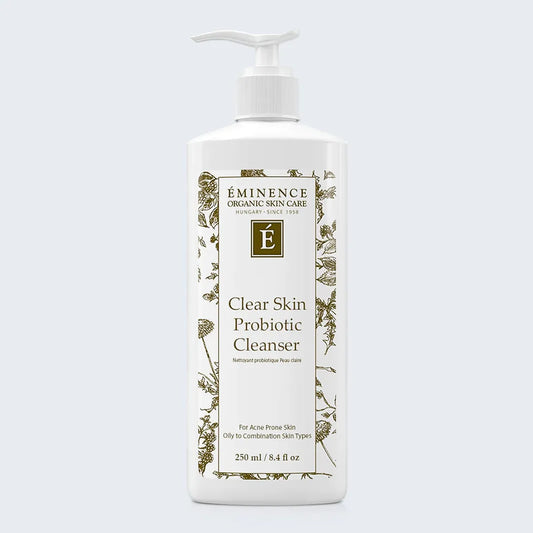5 Things You Didn't Know About Rosacea

5 Things You Didn't Know About Rosacea
If you're reading this, you are probably experiencing facial redness or rosacea. While facial redness is one of the most common skin issues to deal with, the rest is a mystery. According to the National Rosacea Society, Rosacea is a chronic but treatable condition that primarily affects the face and is often characterized by flare-ups and remissions. Although rosacea may occur in many ways and at any age, surveys indicate that it typically begins at age 30 as redness or flushing on the nose, chin, cheeks, or forehead that may come and go. Here's everything you need to know about this skin condition.
1
When you're younger, initial symptoms could be mistaken for sensitive skin or acne.
Most commonly noticed when you're a teenager or young adult, rosacea's initial symptom is flush, sensitive-looking skin. Rosacea acne appears on the central part of the face and is often mistaken for a breakout or acne-prone skin. Spotting these symptoms is crucial because treating acne vulgaris ( the result of dirt, bacteria, and oil mixing, creating clogged pores) and treating acne rosacea are two different skincare routines. Mistaking the two can worsen the skin's condition by drying it out and creating more redness and irritation.
2
It's all in the genes.
Yes, If your mom and dad have it, there is a chance you will too. The good news is you can never get it if it does not run in your family. If you have rosacea, your family's background will determine the severity of your skin's condition.
3
You cannot cure it.
While we don't have a rhyme or reason for what causes rosacea, and the disorder itself remains incurable, you can help keep it under control by using topical products that prevent it from progressing. Topical products usually all have anti-inflammatory, soothing ingredients. Doctors may also prescribe oral medicines to bring the condition under control and maintain its remission state.
4
Rosacea has many triggers.
Anything that makes your skin flare-up is a rosacea trigger. Specific ones include spicy foods, stress, Hot beverages, alcohol (particularly red wine), and extreme weather conditions.
5
Use products that restore hydration.
The skin barrier of people who have rosacea does not contain hydration as well as it should. If that's you, you should avoid harsh products that may cause dryness, irritation, or dehydration. People who have rosacea should avoid face washes with chemical scrubs (like salicylic, lactic, and glycolic acids) and alcohol-based toners.

Check out the Eminence Organics Vita Skin Calm Skin Collection formulated explicitly for sensitive/rosacea skin
EXPLORE THE COLLECTION

